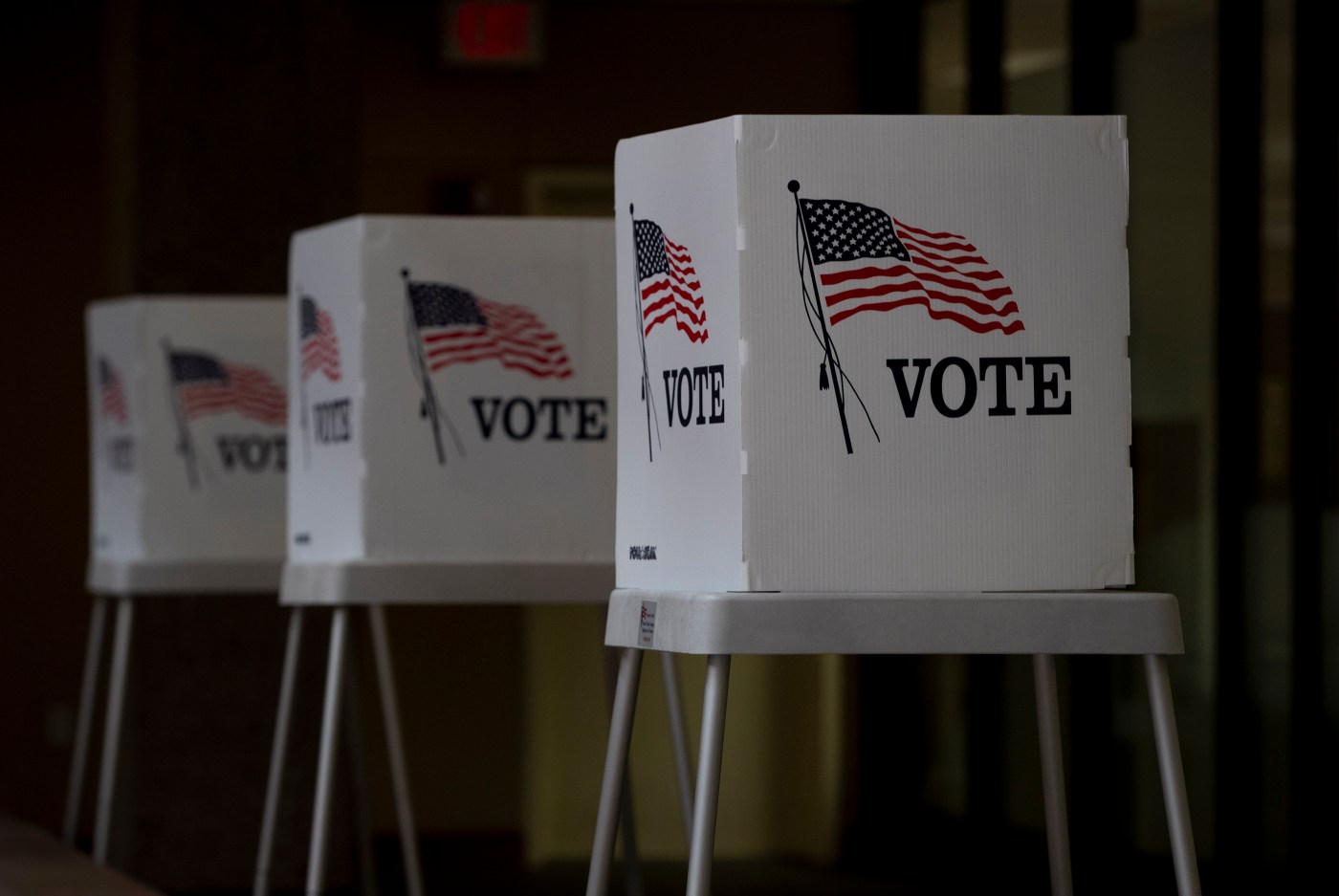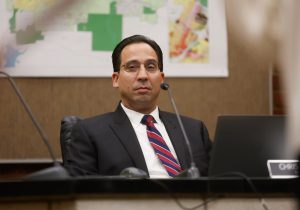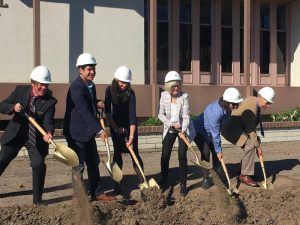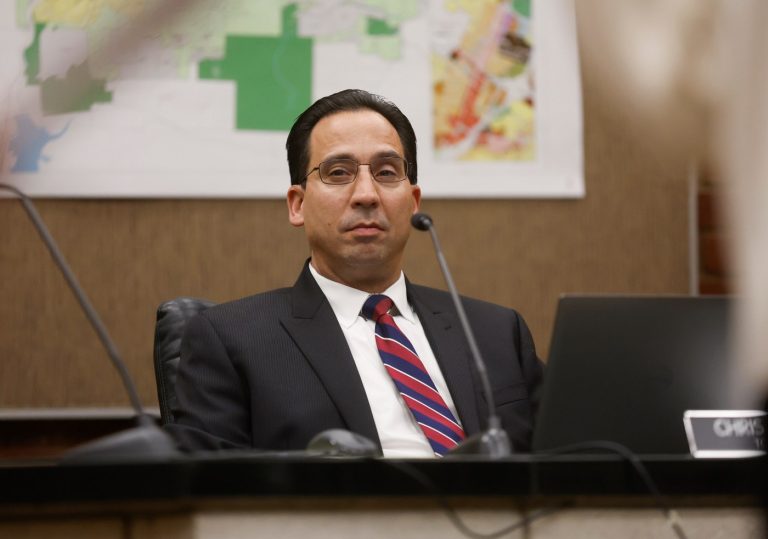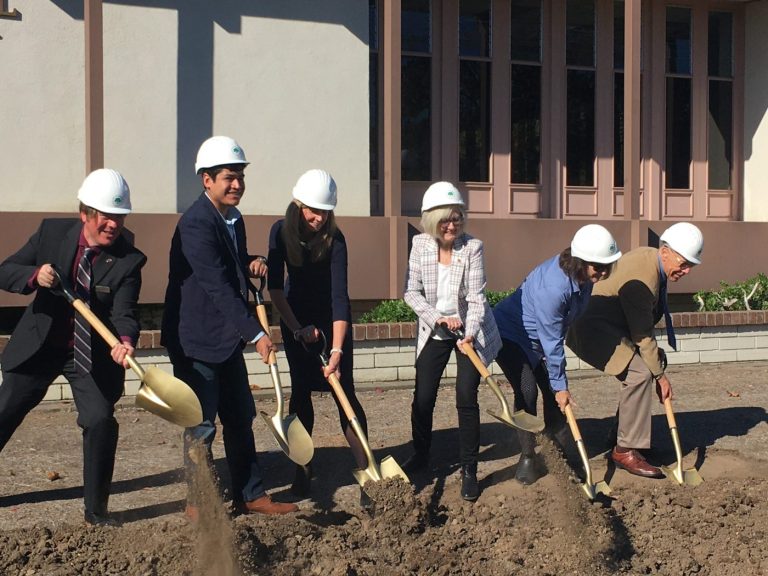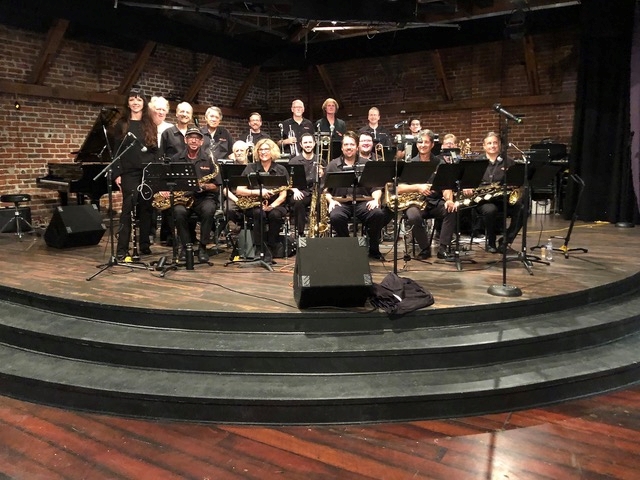Two Morgan Hill ballot measures have the potential to reset the tempo of Morgan Hill’s election cycles, changing when residents can vote for their city leaders and how long they can stay in power.
The measures would enact term limits for elected officials and extend the mayoral term to four years, if approved by a simple majority. Both have been the subject of heated public discussion, with outspoken voices supporting and opposing them.
Currently, Morgan Hill does not have term limits for elected officials, making it the only city in Santa Clara County without them besides Gilroy. Measure A would set term limits of 12 consecutive years for officials to serve as city councilmember, mayor, treasurer, or any combination of the three. After 12 years, candidates would need to take a break of four years or more before running again for city office.
Proponents for the measure argue that it would allow for more fresh perspectives in local government, avoid burnout, prevent incumbents holding power indefinitely, and encourage more to engage in local politics.
“One thing that I’ve become convinced of is that the most fundamental thing that Morgan Hill needs is more community engagement,” said Joe Baranowski, a Morgan Hill resident who supports the ballot measure. “There are so many talented people in Morgan Hill that have an incredible array of experiences that would offer a new refreshing look at things.”
Others, however, think that term limits are wrong for Morgan Hill, saying the measure would needlessly remove dedicated public servants from office and is unnecessary in a close-knit town with ready access to local leaders.
“There is no problem. We’re a very small town, people are very involved,” said Councilmember Gino Borgioli. “If people want a different person on the city council or the mayorship, it’s very simple: they go and they vote.”
Morgan Hill voters will also decide whether to approve Measure B, which would extend the mayor’s term from its current two years to four years. If passed, the mayor’s first four-year term would begin in 2026.
Proponents argue that the measure would encourage a fair standard by placing the mayor on a four-year term limit like the other four members of the City Council, allowing for greater consistency and continuity of leadership. They also assert that the time and money required to run a campaign every two years detracts from the work of being a mayor, and that a four-year term would offer more time for a mayor to grow accustomed to the job and execute their plan for the city.
“To run a campaign, especially for a mayorship, it’s a very expensive and very difficult thing to do every two years,” said Borgioli. “I felt that every four years was a better approach.”
Related Articles
Library construction, city charter changes to appear on Sunnyvale’s November ballot
Poll: Silicon Valley is too powerful, has lost its moral compass, majority say
‘Vote early,’ Bay Area election officials plead as ballots hit mailboxes, kicking off November election
Walz’s busy California Sunday ends with Long Beach landing; he appears on Jimmy Kimmel show Monday
Oakland mayor’s supporters rally against recall election
While proponents argue that the measure would put Morgan Hill on similar footing as other cities with four-year terms – like Gilroy or San Jose — that isn’t universal. Milpitas has two-year elected terms, and other cities, like Cupertino and Los Gatos, appoint their mayors to one-year terms.
An analysis by Morgan Hill city staff showed that Measure B would save the city an estimated $123,000 every two years by not putting the mayor on the ballot, though Baranowski calls this amount “in the noise” compared to financial decisions made by the council that involve much larger sums.
Since Morgan Hill is on staggered district election cycles, the mayoral race gives every resident an opportunity to vote every two years, regardless whether their council representative is up for election. Opponents argue that Measure B would take away that opportunity for voters to engage in every election and discourage the competition that comes from two-year terms.
“The idea is that every two years they at least can still vote for the mayor and they can help vote in a new majority … that term system is by design,” said City Councilmember Rene Spring. “Excluding two districts … I think that’s a bad idea and that would really impact our voter engagement.”
